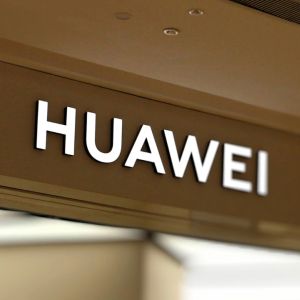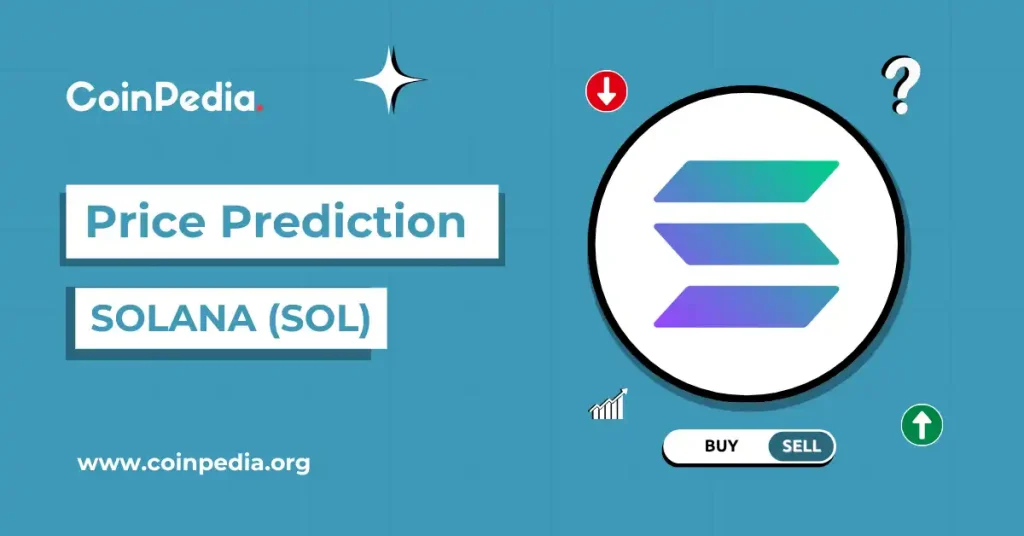Huawei, Chinese technology giant, is getting ready to significantly boost manufacturing of its cutting-edge artificial intelligence processors, positioning itself to capture more market share as American rival Nvidia faces regulatory obstacles in the region. According to sources with knowledge of internal plans, Huawei Technologies Co. intends to manufacture approximately 600,000 units of its flagship 910C Ascend processor in the coming year. This figure represents twice the volume produced during the current year. The company encountered difficulties delivering these products throughout much of 2025 due to American trade restrictions. The Shenzhen-headquartered firm will increase overall production for its Ascend lineup to as many as 1.6 million dies in 2026, the sources revealed. Dies are the fundamental silicon pieces containing chip circuitry. Successfully reaching these production goals would mark a significant technical achievement for the company, considered China’s primary hope for reducing dependence on foreign processors that drive the nation’s economy. The figures indicate that Huawei and its key manufacturing ally, Semiconductor Manufacturing International Corp., have discovered methods to address bottlenecks that previously hampered both its AI operations and Beijing’s technology independence goals. The 2025 and 2026 estimates include dies currently in stock and internal calculations of production failure rates, Bloomberg’s sources noted . Demand for AI processors remains substantial across China Companies ranging from Alibaba Group Holding Ltd. to DeepSeek require millions of these chips to build and run AI platforms. Nvidia reportedly sold roughly a million H20 chips during 2024 alone. Last September, Huawei broke from its usual practice of secrecy by publicly announcing a three-year strategy for challenging Nvidia’s market leadership. Rotating Chairman Eric Xu presented multiple Ascend processors, the 950, 960, and 970 models, scheduled for gradual introduction through 2028. These represent the next generation following the years-old 910 series, which currently generates the bulk of Huawei spearheads a group of Chinese chip manufacturers rushing to create accelerators while Nvidia remains largely excluded from the market through government restrictions. Beijing has blocked or discouraged domestic companies from purchasing Nvidia products over security worries. Nvidia co-founder Jensen Huang has attempted to convince Chinese buyers that his products pose no security threat, though it remains uncertain whether this situation will change . During its latest earnings report, the company disclosed zero sales of the H20, a version designed specifically for China, in the most recent quarter. As Cryptopolitan reported earlier, China’s Baidu and Alibaba have also dumped Nvidia for domestically developed chips. Production challenges remain despite summer progress While some reports suggest Chinese companies plan to triple overall semiconductor output next year, sources described this goal as unrealistic. Production yields, meaning the percentage of usable chips coming off assembly lines, remain disappointing. Huawei’s current leading AI processor combines two dies into a single chipset, an advanced packaging technique that theoretically increases power. However, this process presents challenges and partly explains ongoing supply shortages that have allowed competitors like Cambricon Technologies Corp. to fill the gap, sources explained. Nevertheless, Huawei achieved meaningful output improvements during the summer months, sources added. Recent months have shown evidence of Chinese firms, including Shanghai Micro Electronics Equipment Group Co., making substantial progress in equipment technology. Huawei now plans to introduce a chip following the 910C, initially called the 910D by industry observers, in late 2026, sources said. The company aims for 100,000 units of this new chipset, featuring a more ambitious design packing four dies into one package. Earlier this month, Huawei announced plans for a late-2026 release of what it calls the 950DT. Altogether, Huawei will distribute roughly 1.6 million dies across two chip types next year, compared to up to 1 million dies in 2025, sources confirmed. Earlier this year, Huawei informed customers it could sell 200,000 Ascend 910Cs by year’s end, plus about 100,000 units set aside for its own cloud computing division and possibly some government-connected projects. Don’t just read crypto news. Understand it. Subscribe to our newsletter. It's free .














